Professional Learning: Stimulating Thinking & Generating Ideas
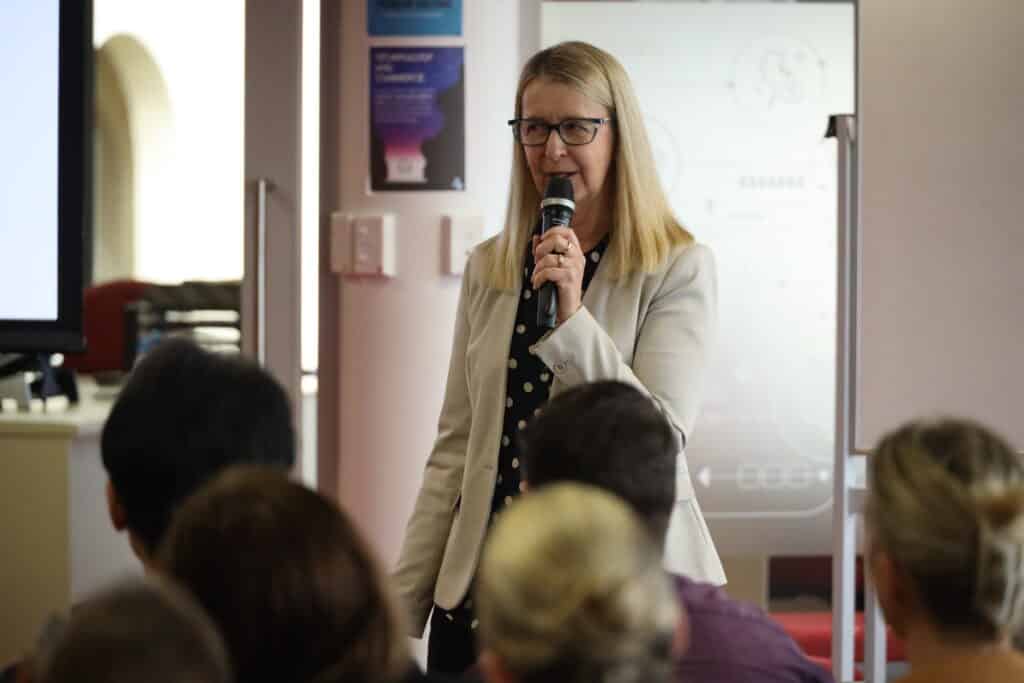
Before the return of students this week, our staff participated in a professional learning day. This provided an opportunity for staff to learn new skills to implement in their classrooms, collaborate, and further develop their expertise.
As part of the day, we ran several workshops covering a range of topics, from best practices in pastoral care, to technology addiction, to contemporary pedagogy.
All teaching staff were invited to sign up for a session of their own personal interest. Below is a summary of what each of the ‘staff voice’ workshops entailed.
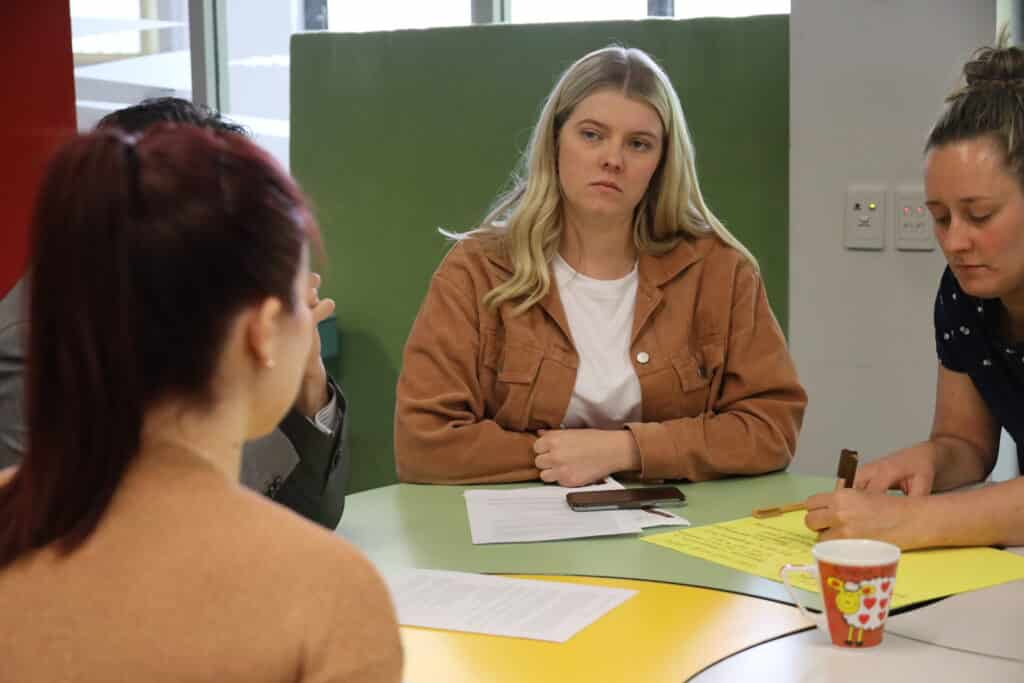
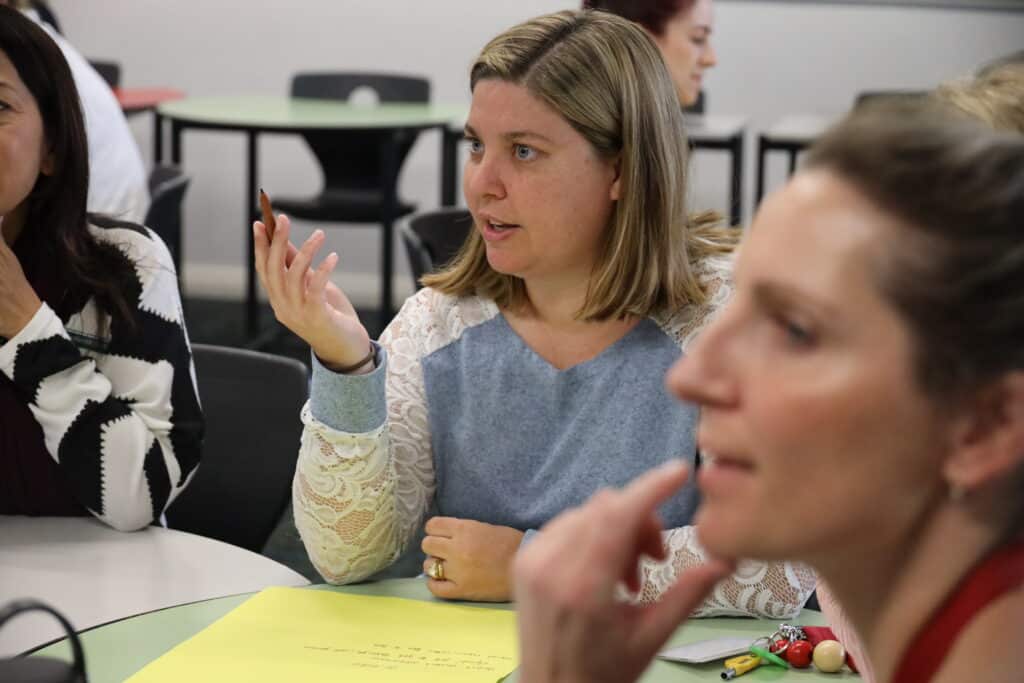
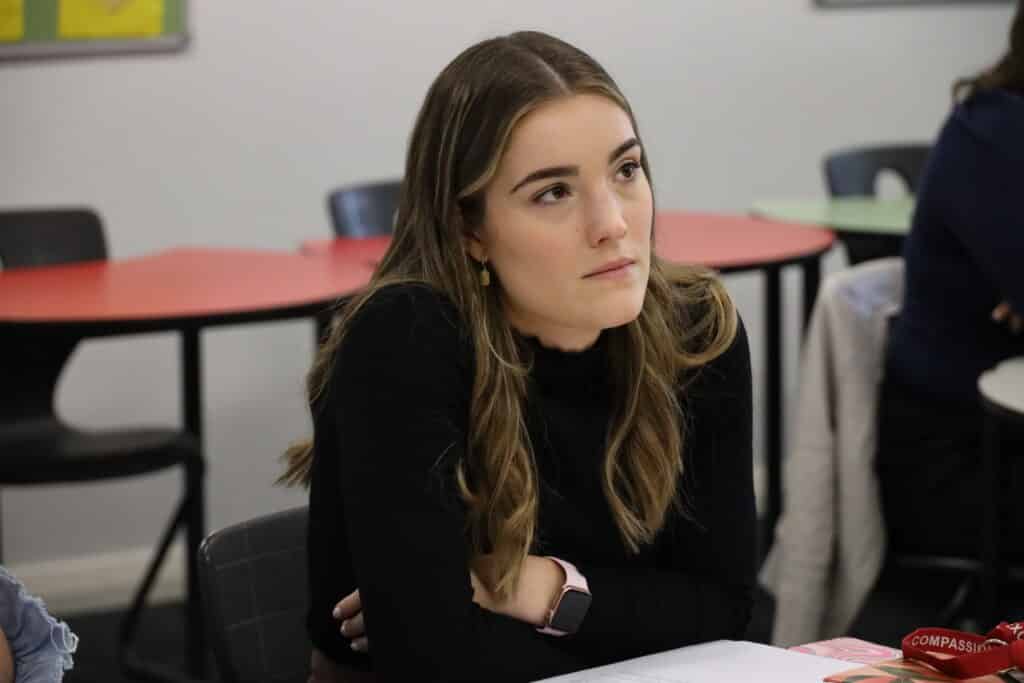
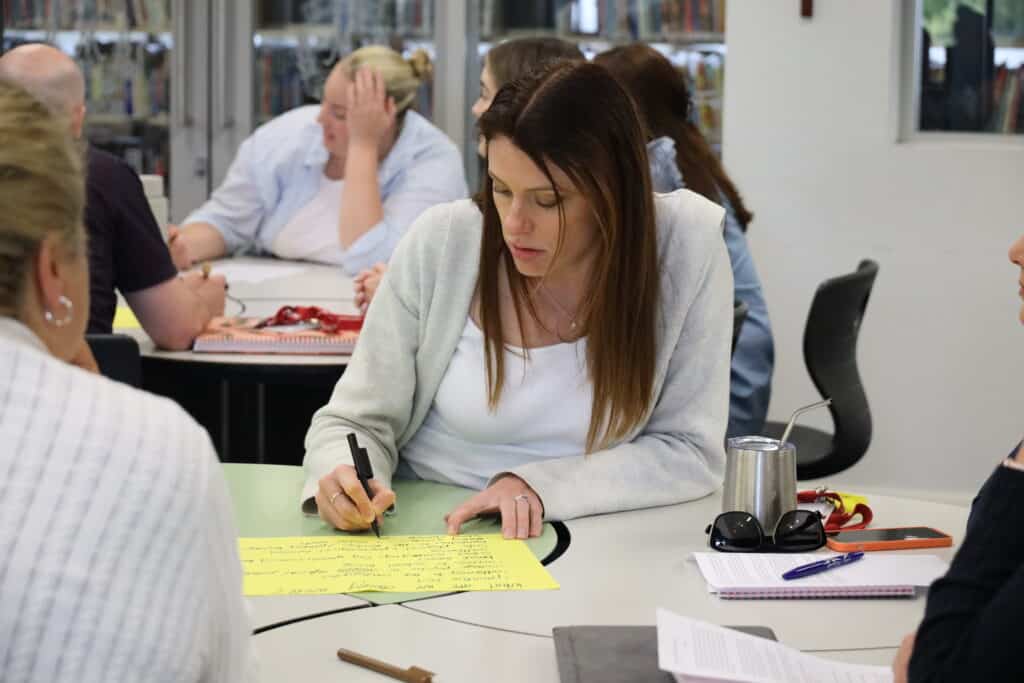
Best Practice in Pastoral Care
Facilitated by Marsha Pengilly & Danielle Spark
Pastoral care and the building of resilience in our students is fundamental to them achieving their best academically. There is growing recognition of the fact that the school environment plays a major role in the social and emotional competence and well-being of children. In reviewing current literature, four factors continually emerge as core components in pastoral care, namely: the promotion of health and well-being, resilience, academic care, and social capital.
Resiliency not only encourages individuals and groups of people to successfully cope with or overcome risk, but it also helps them to develop competence and protective factors. This will then assist with the child being able to flourish beyond school.
As a group, staff discussed the many things they are doing in the pastoral care space to allow this to occur and opportunities to further improve their practice to ensure they’re able to provide students with the skills and competencies they require to be resilient and able to successfully cope with life beyond school.
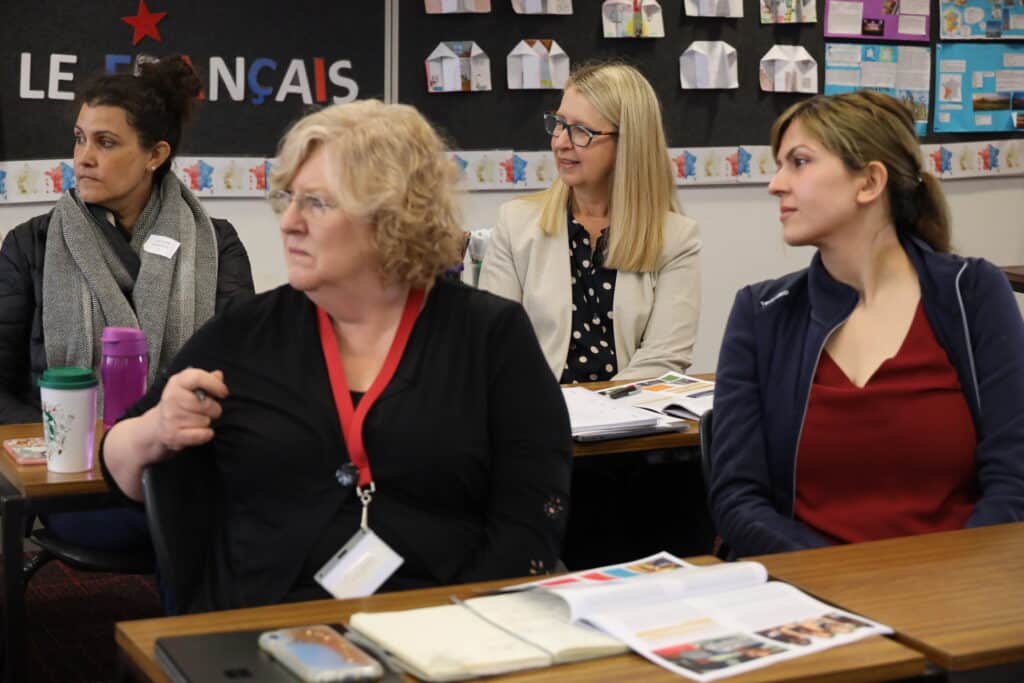
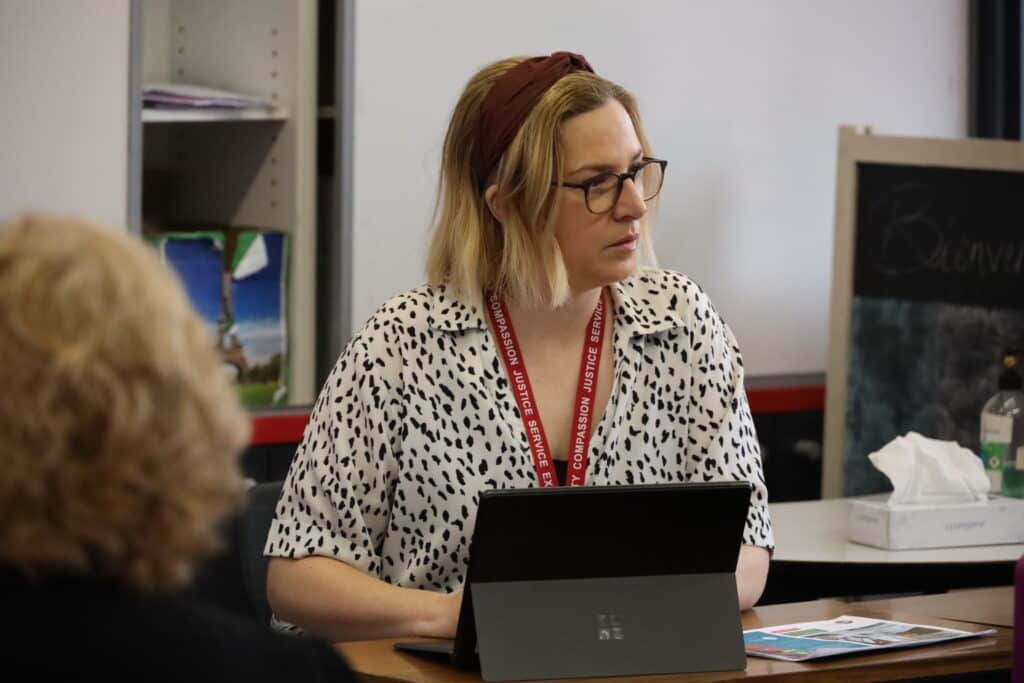
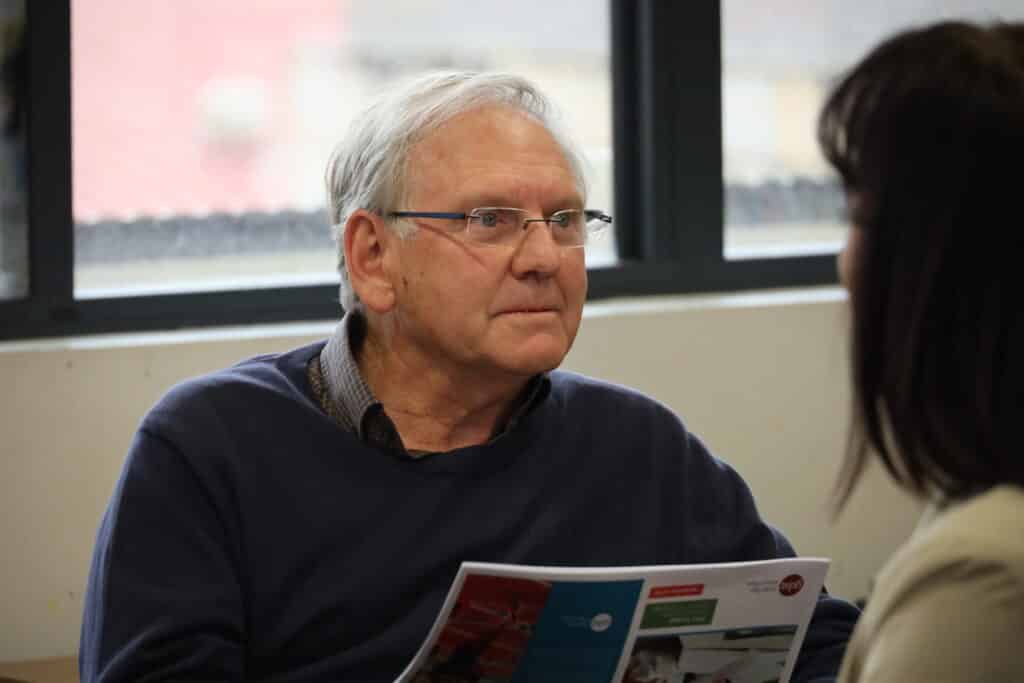
Teaching Girls
Facilitated by Kate Warchomij & Anne Fisher
In this session on Teaching Girls, staff explored a TED Talk on the importance of teaching girls to be brave, as well as reading on best practice for supporting girls in classroom instruction.
Many staff in the group shared that their students can find it difficult to approach new challenges because they are unsure that they will be successful; and agreed that building bravery can help students to take more risks in their learning, hopefully unlocking their enormous potential.
While staff certainly already encourage a ‘have a go’ attitude and a growth mindset, they will continue to think about ways their classrooms can offer both security and risk for our girls; so they can celebrate mistakes as opportunities for learning.
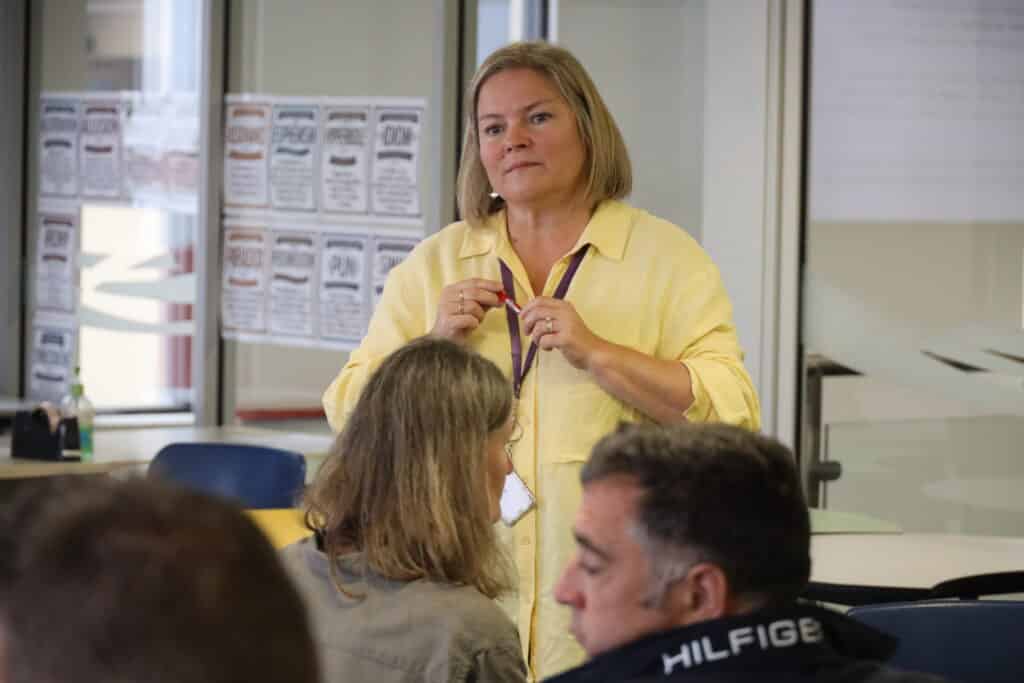
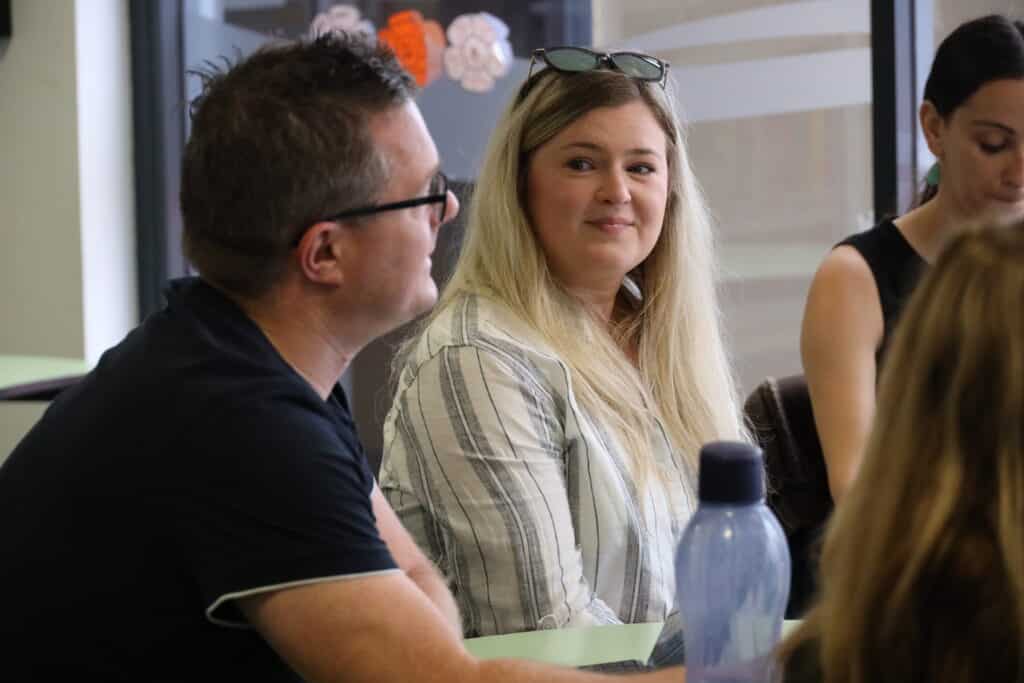
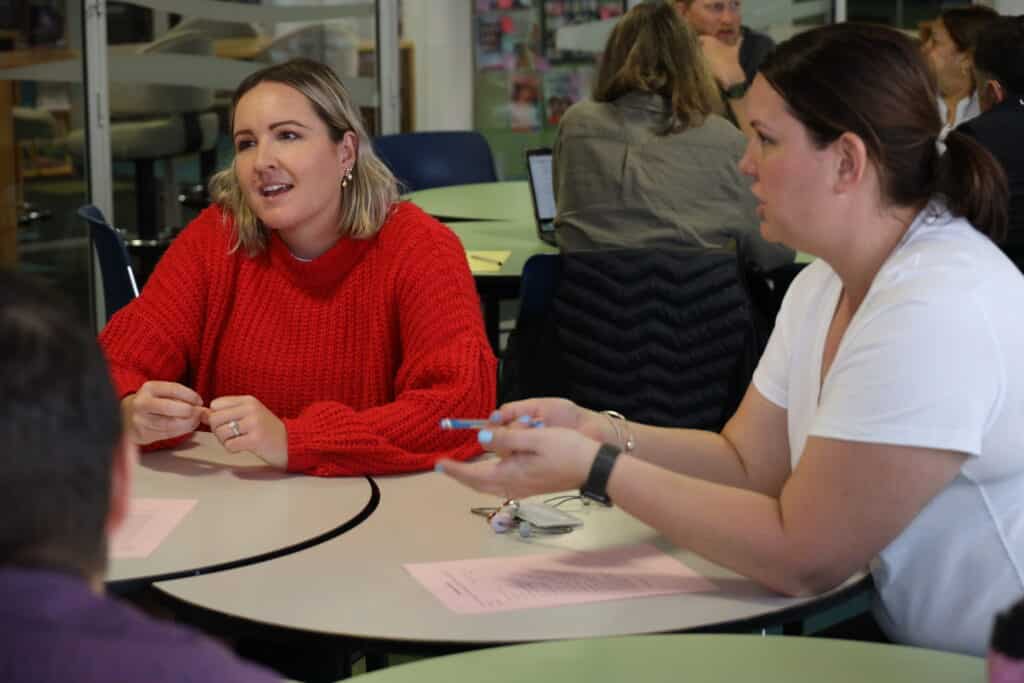
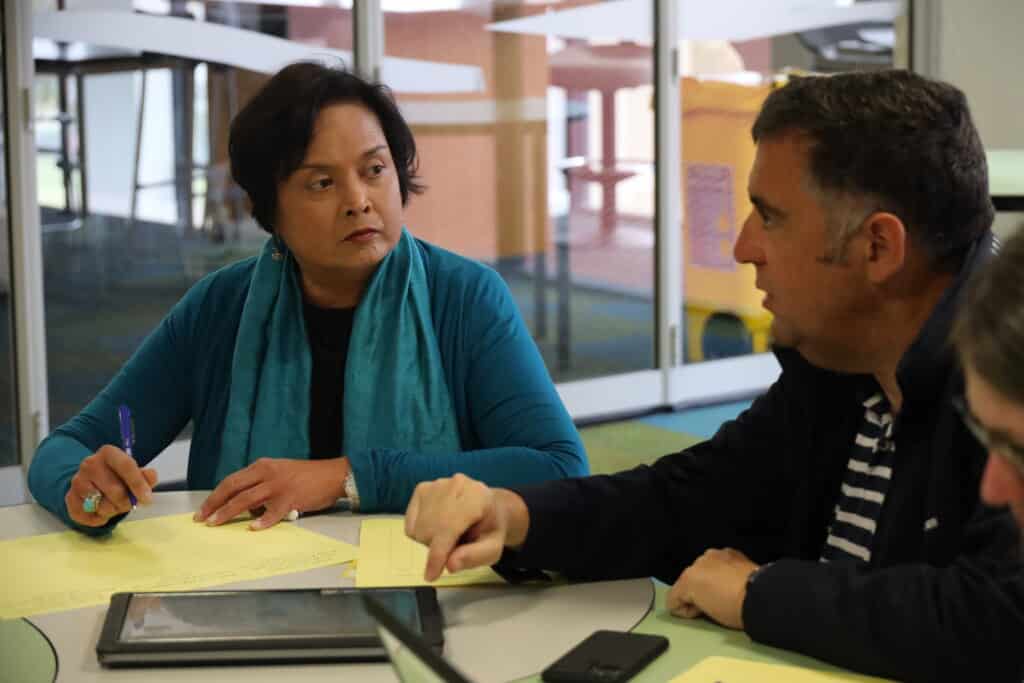
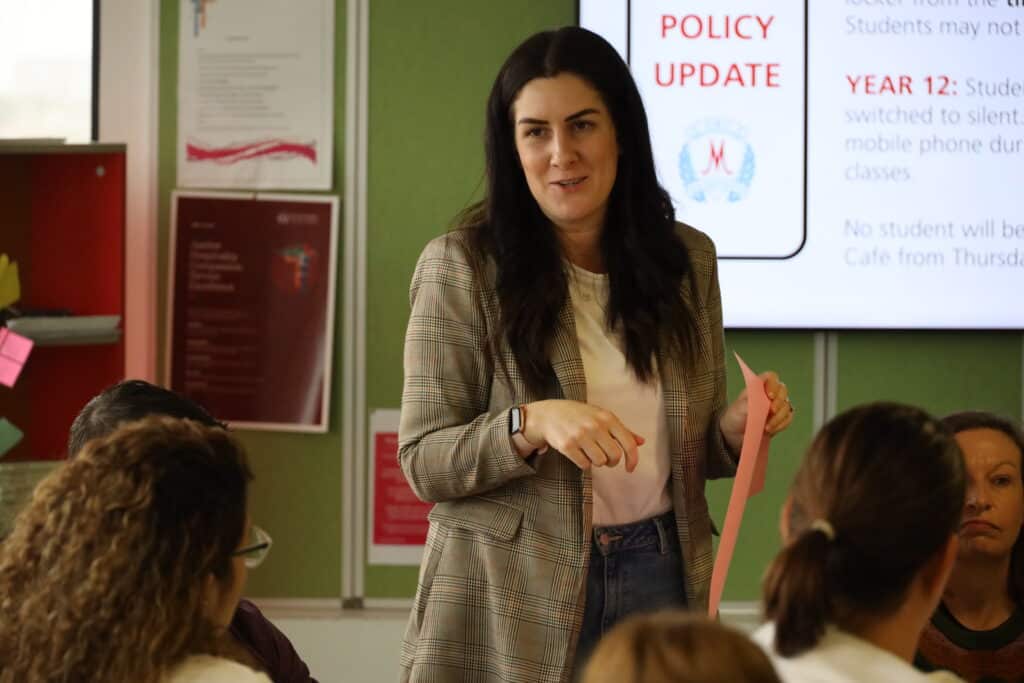
Technology Addiction & Attention Spans
Facilitated by Ailsa Harris and Lia Sly
During the Technology Addiction & Attention Spans session, there was much discussion amongst staff, as they explored the scientific research on this extremely relevant topic. It is an area that affects their work in the classroom every day.
Technology is evolving so fast, and staff discussed how this is having an impact on how students learn. Staff also explored how the overuse of technology is having a detrimental effect on creativity, social connections, and hands-on skills. Ultimately, growing addictions to technology are altering the way our students think and feel.
Overall, the session aimed to stimulate thinking, generate ideas, gather feedback, and inform future directions of the College on this subject.
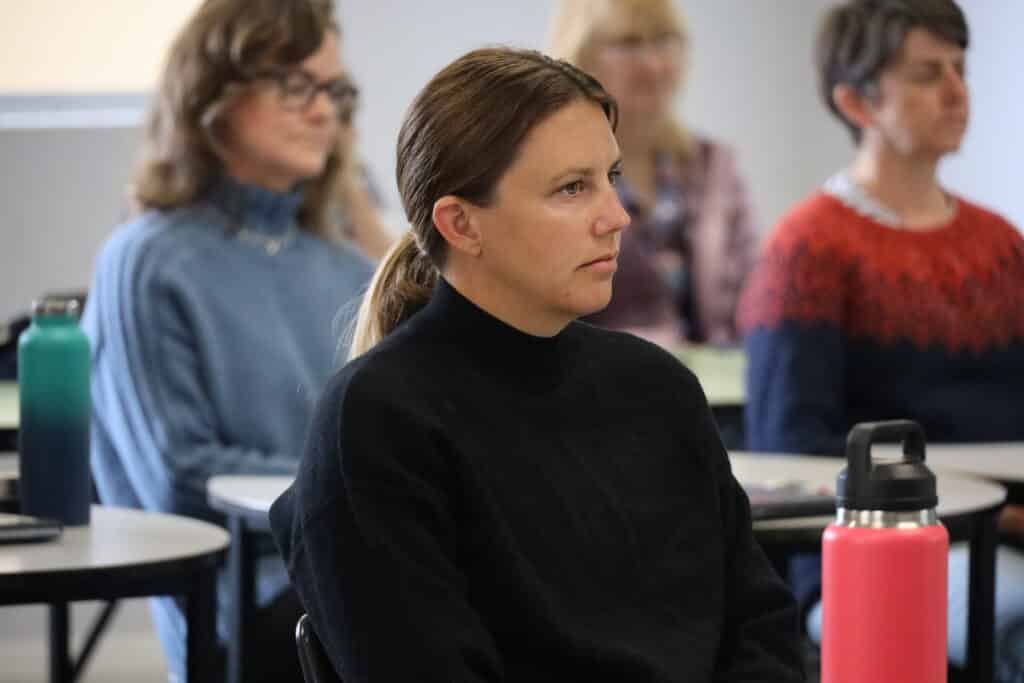
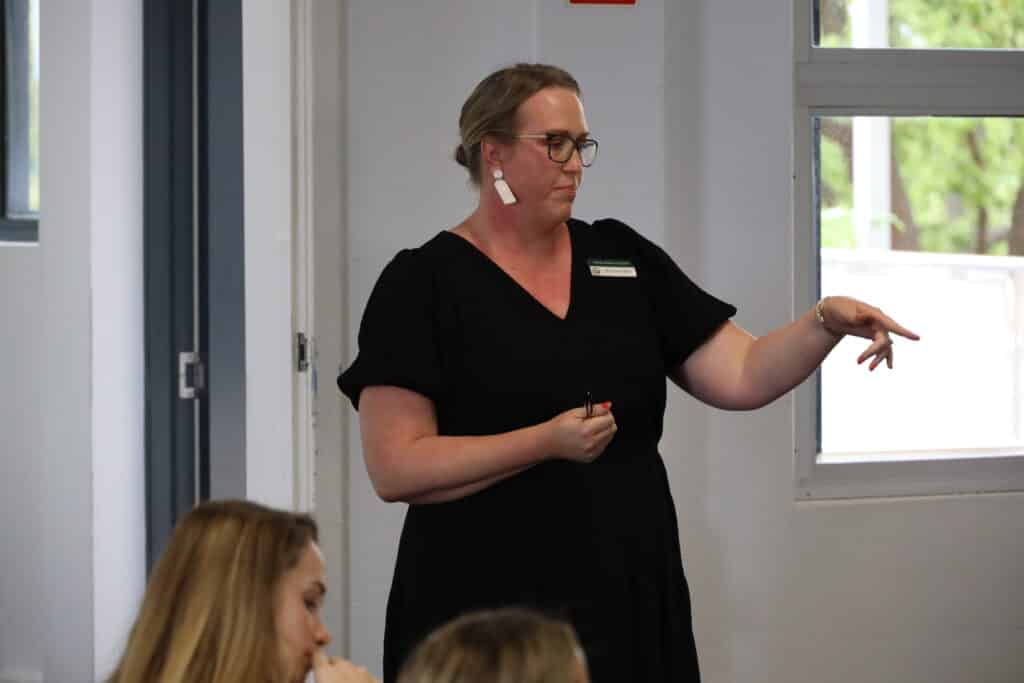
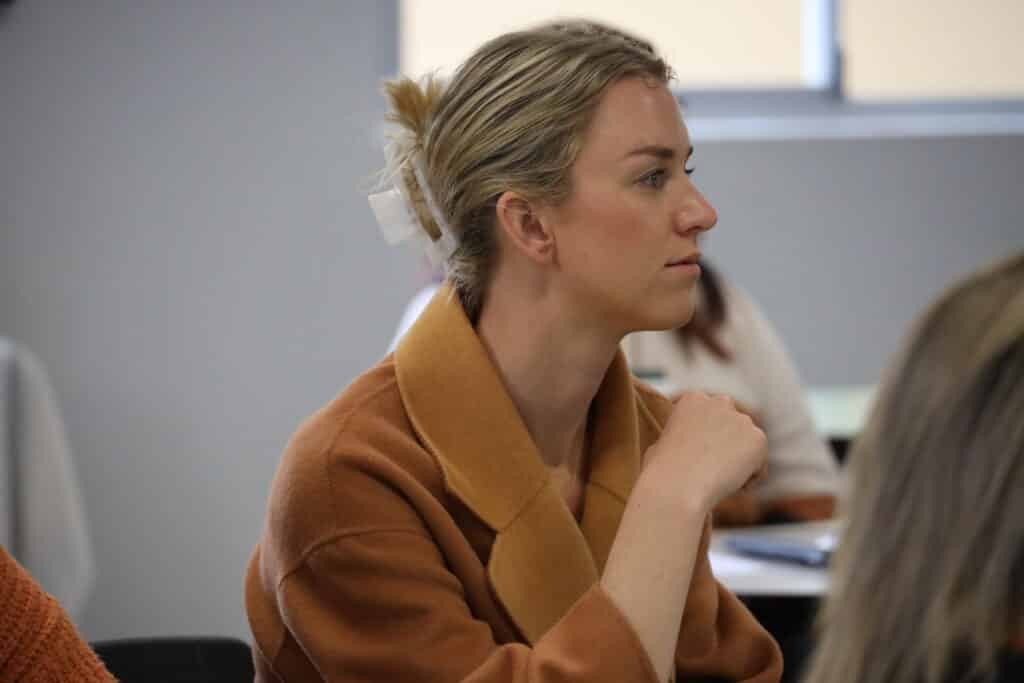
Difficult Conversations
Facilitated by Joanna Ryan and Rachael Grieves
The group discussed strategies and tips for conducting difficult conversations with other staff, parents, and students. The group looked at why some conversations are challenging and the need to address conflict and reach the desired outcome. They spoke about the importance of active listening to communicate effectively.
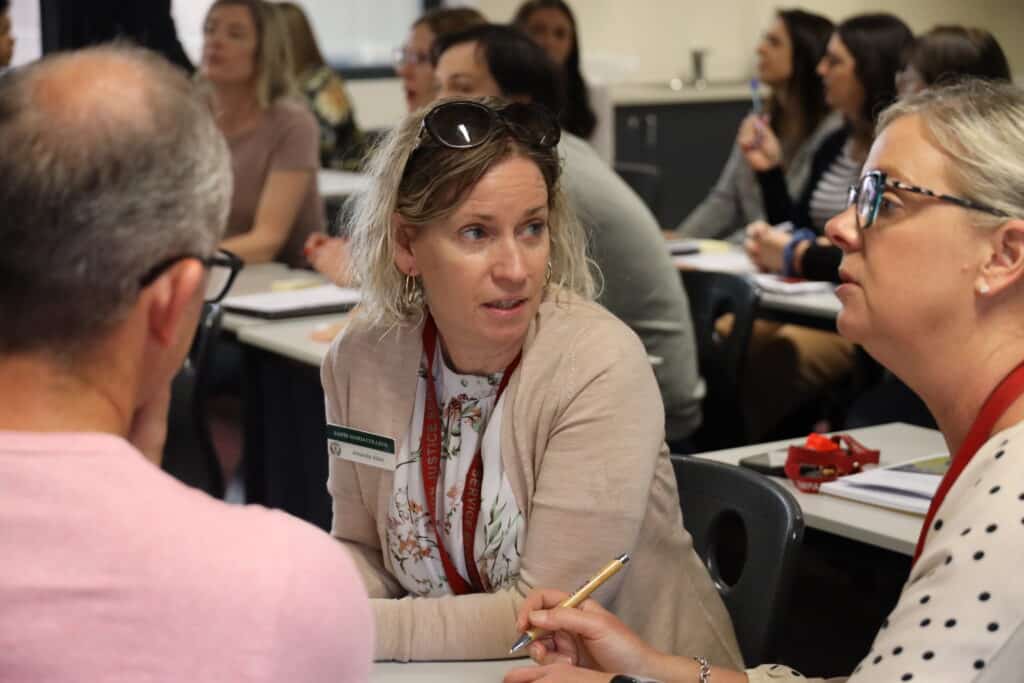
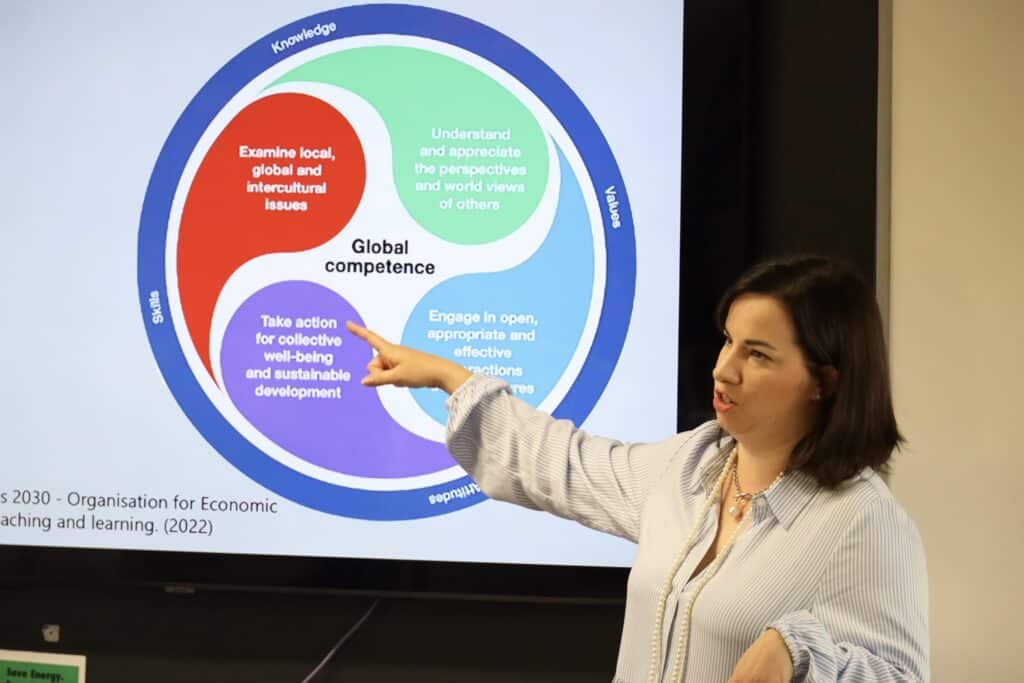
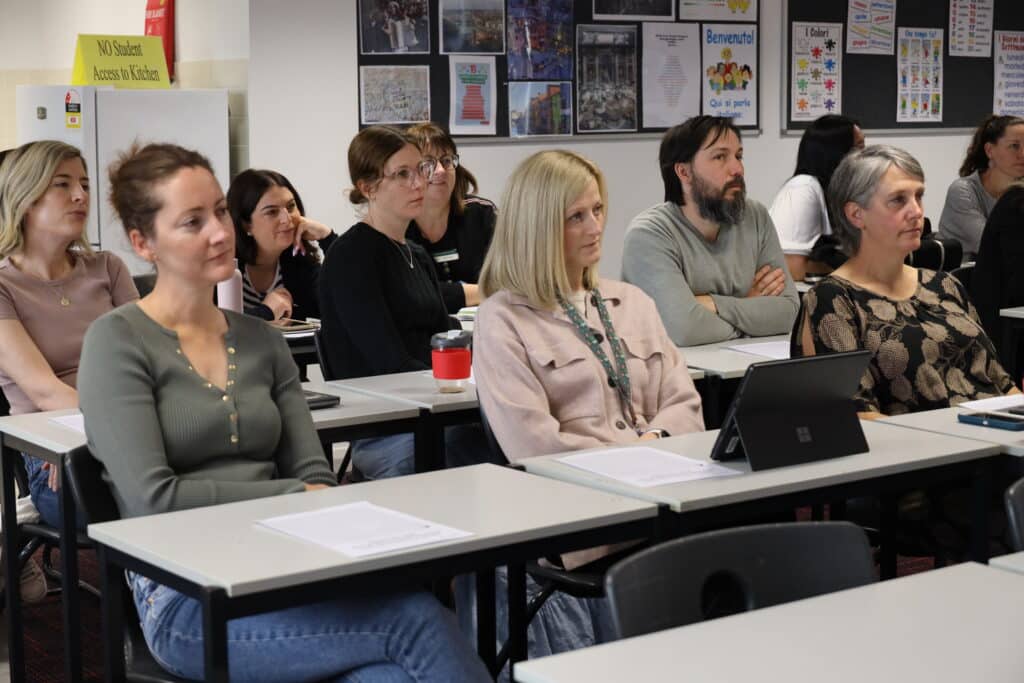
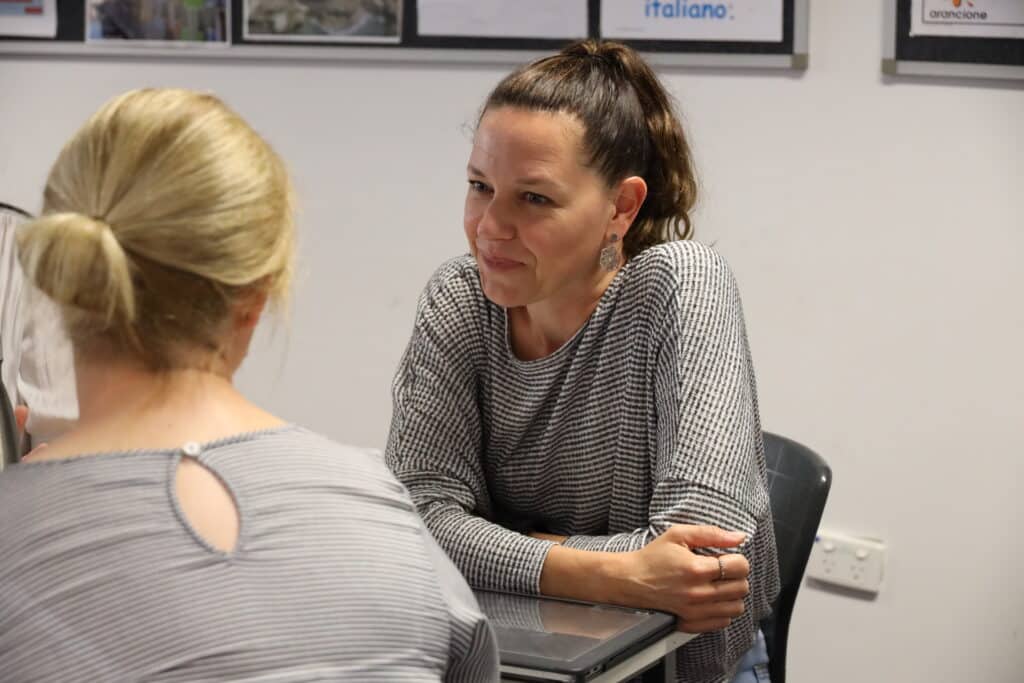
Contemporary Pedagogy
Facilitated by Elizabeth de Byl & Derek Smith
In the Contemporary Pedagogy workshop, the group explored and discussed a variety of recent educational trends and approaches. In particular, staff focussed on the role of the student in the learning process and the modern push for students to be the ‘drivers’ of their own learning.
The group then brainstormed the strengths of Santa Maria students and suggested ways they could potentially alter our pedagogical approach to harness these strengths to enable students to take a more active and proactive role in their own education.
Staff also debated the current culture of success and learning at the College and discussed ways they could continue to develop an environment that celebrates growth and progress as well as high marks and accolades.

The Power of Expectations in Shaping Student Success – Jennifer Oaten
Discover the transformative impact of expectations on student success. Learn how belief shapes outcomes in education and beyond.
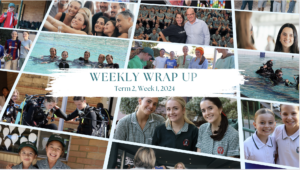
Weekly Wrap Up: Term 2, Week 1, 2024
Term 2 has kicked off with a bang! We enjoyed the Year 11 Father-Daughter evening, celebrated Earth Day, and welcomed Dr. Mark Williams.
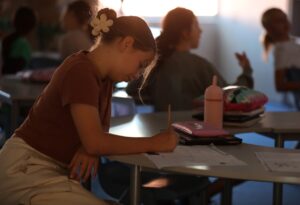
Inspiring Change: Earth Day 2024
Our Earth Day celebration this week was a powerful reminder of our collective responsibility to protect our planet for future generations.
- Collaboration, CriticalThinking, Featured, ProblemSolving, Technology
Author: Santa Maria College
Santa Maria College is a vibrant girls school with a growing local presence and reputation. Our Mission is to educate young Mercy women who act with courage and compassion to enrich our world. Santa Maria College is located in Attadale in Western Australia, 16 km from the Perth CBD. We offer a Catholic education for girls in Years 5 – 12 and have 1300 students, including 152 boarders.






